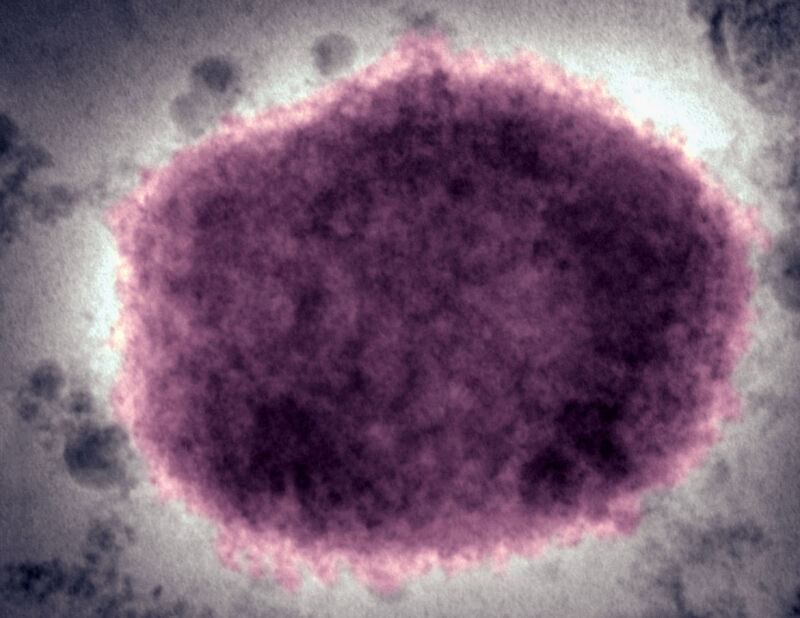
The multinational monkeypox outbreak continues to pose a low risk to the general public, and, for now, it seems unlikely that cases will mushroom into a global pandemic, according to the World Health Organization and the US Centers for Disease Control and Prevention.
But, experts are concerned that the virus could continue to spread and that transmission may escape containment without an urgent and thorough public health response.
The outbreak tally continues to increase rapidly, with hundreds of cases now reported across at least 23 countries. In an update released Sunday, May 29, WHO reported 257 confirmed cases and around 120 suspected cases from 23 countries. Those figures are already significantly outdated. As of Monday, Our World in Data reported 555 confirmed cases worldwide. On Tuesday, the United Kingdom reported 190 cases, up from the 106 that WHO reported Sunday. Likewise, the US total has increased to 15 cases, up from 10 reported last week.
In a press briefing last Thursday, CDC Director Rochelle Walensky said the agency presumes that there is some community spread of the virus in the US.
Still, in a public presentation guiding clinicians last week, Agam Rao, a CDC infectious disease specialist and poxvirus expert, highlighted that the monkeypox virus is not easily spread. The virus is related to smallpox but causes a relatively mild disease with a telltale rash and is usually accompanied by flu-like symptoms. Transmission requires close and prolonged contact, with the highest risk of spread to health care workers and the family members and sexual partners of infected people. “Monkeypox virus does not have the potential to be a pandemic,” Rao said succinctly. (More information on monkeypox and its transmission is here.)
So far, many of the cases appear to be in men who have sex with men (MSM), and the virus appears to be spreading through sexual networks. But health officials are cautious to avoid spurring stigma or a false sense of security. The virus can spread to anyone, and it is not a sexually transmitted infection specifically.
Moderate risk and continued spread
In its risk assessment Sunday, WHO said the “risk for the general public appears to be low,” and the “overall public health risk at global level is assessed as moderate,” given widespread cases clustering in countries outside West and Central Africa, where the virus is endemic in animals.
“The public health risk could become high if this virus exploits the opportunity to establish itself as a human pathogen and spreads to groups at higher risk of severe disease such as young children and immunosuppressed persons,” WHO said.
In a public webinar Monday, WHO’s technical lead for monkeypox, Rosamund Lewis, elaborated on that assessment, saying: “At the moment, we are not concerned of a global pandemic… We are concerned that individuals may acquire this infection through high-risk exposure if they don’t have the information they need to protect themselves,” she added. “And we are concerned that because the global population is not immune to orthopoxviruses since the end of smallpox eradication that the virus may attempt to exploit a niche and spread more easily between people.”
Health officials are now racing to raise awareness and step up outreach programs ahead of Pride Month celebrations in June. Already spread of the virus has been linked to large events and parties in Europe as pandemic restrictions eased, Hans Henri Kluge, WHO regional director for Europe, noted in a statement Tuesday. The virus is suspected to have circulated unrecognized for weeks or longer. Upcoming festivals and large parties could provide further opportunities for the outbreak to amplify.
“We do not yet know if we will be able to contain its spread completely,” Kluge said. “For that, we need a significant and urgent reduction in exposures through clear communication, community-led action, case isolation during the infectious period, and effective contact tracing and monitoring.”
https://arstechnica.com/?p=1857386

